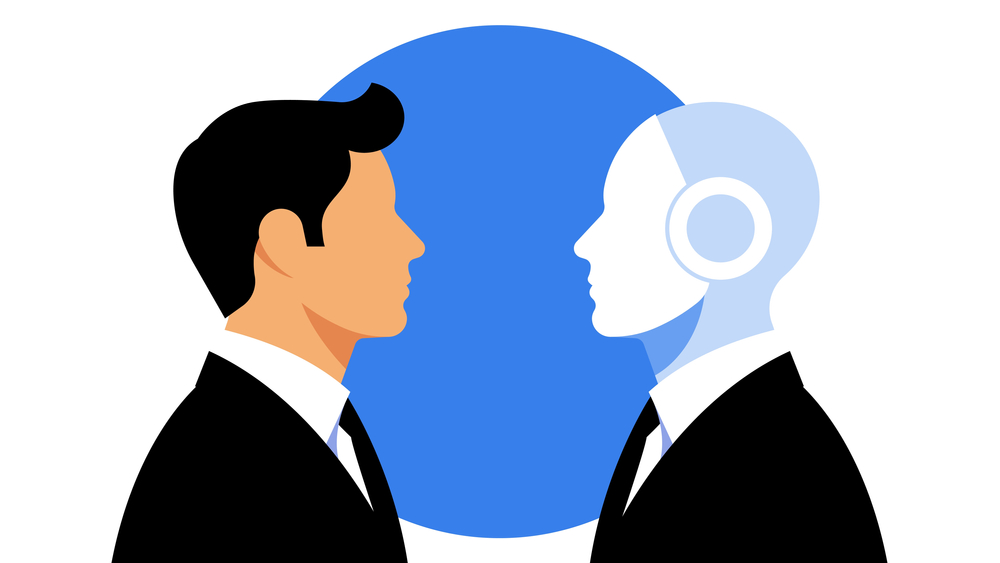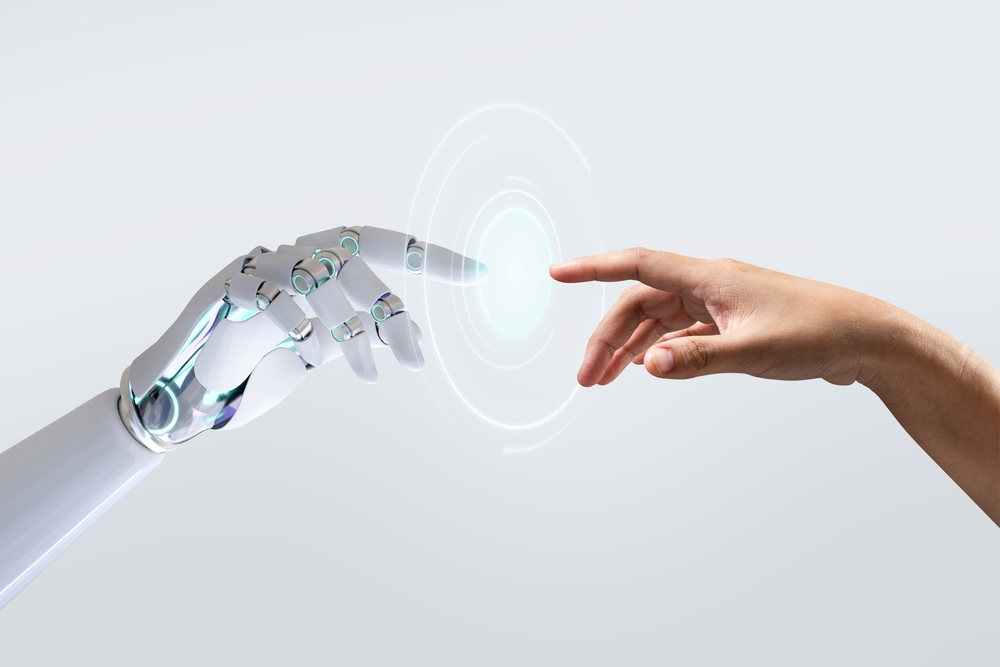
Exploring the Limits of knowledge, Ethics, and concurrence with Artificial Intelligence
AI and Humanity
The digital revolution is then, and artificial intelligence( AI) is accelerating it at an unknown pace. AI’s capabilities in knowledge, reasoning, and even creativity are improving rapidly, but what does this mean for us as humans? In exploring AI’s impact, we’re asking some of the deepest questions about our existence and the nature of consciousness. What is AI’s potential to match human intelligence and abilities, and will it ever truly replicate what it feels like to be human? AI and Humanity

Understanding Artificial Intelligence and Its Rise
Artificial intelligence is essentially a simulation of human cognitive processes by machines. The “gold standard” for measuring this simulation has long been the Turing test, where an AI passes if it can fool a human into thinking it is also human. Until recently, no AI had succeeded. Today, however, multiple supercomputers have passed the Turing test, and AI models like ChatGPT are reaching hundreds of millions of users in record time, showing both AI’s technical progress and our quick adaptation to it. AI and Humanity

Consciousness and AI: The Hard Problem
AI can already perform countless tasks better than humans, from data processing to image generation. But it lacks something essential—consciousness. Consciousness, according to most scholars, is the “subjective experience” that includes feelings, sensory perception, and awareness. This isn’t about intelligence, but the lived, qualitative experience of being alive. So, while an AI can generate an image of a family or “say” words like “beloved,” it does so without truly understanding the experience behind them.
Scientists are still trying to unlock the secrets of human consciousness. One of the leading theories, the Integrated Information Theory (IIT), suggests that consciousness is a fundamental property of the universe, emerging from systems with complex, integrated interactions. But even as we make strides in understanding, creating conscious AI remains a distant, complex goal.
AI and Humanity

The Future of Conscious AI and Ethical Questions
What if we could one day make AI conscious? This question raises ethical dilemmas that we’re only beginning to consider. For example, if AI were truly aware, would it have rights? Could it refuse a task, and would forcing it be a form of “enslavement”? And how could we tell if an AI was genuinely experiencing consciousness or just simulating responses?
For now, we assume AI lacks consciousness, similar to the way we intuitively know an optical illusion is false. But as AI grows more sophisticated, we may need new ways to define and measure consciousness, both in animals and AI, to fully understand what it means to be “aware.”
AI and Humanity
Human-AI Collaboration and the Potential for Enhancement
As AI continues to improve, it holds immense potential to work alongside humans in powerful ways. Through brain-computer interfaces, we could even augment ourselves, allowing us to control devices with our minds or enhance our cognition and memory. Imagine a world where human intelligence merges with AI, creating a new kind of human experience that could expand our cognitive horizons and improve our quality of life.
However, these technologies bring ethical concerns, from affordability to privacy and security. Could enhanced humans become a privileged class, and what safeguards are necessary to protect our mental autonomy?
AI and Humanity
Preserving Our Humanity in an AI World
The rapid rise of AI challenges us to examine what makes us truly human. While AI can replicate certain tasks, it lacks the emotional depth and subjective experience that define our relationships, creativity, and empathy. By focusing on the values that matter most, we can ensure that AI becomes a tool that enhances our human experience, allowing us more time for mindfulness, creativity, and deeper connections.
As we embrace this powerful technology, we have the unique responsibility to shape how it evolves. AI is a tool—an extraordinary one—but the essence of being human is rooted in our consciousness, our capacity to feel, connect, and reflect on the world around us. By aligning AI with our values, we can create a future that celebrates our humanity, fostering a world where humans and AI thrive together in harmony.
AI and Humanity
